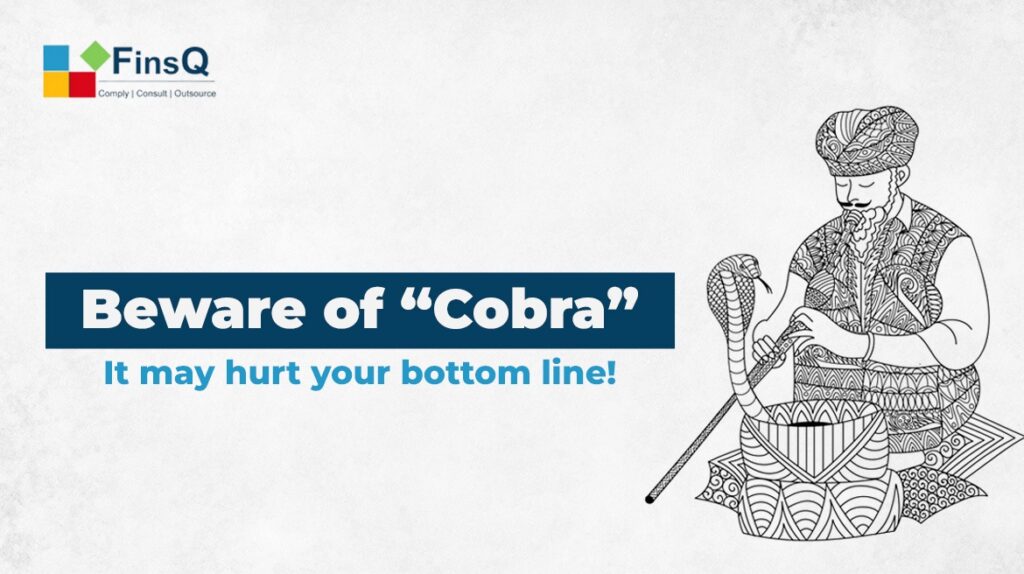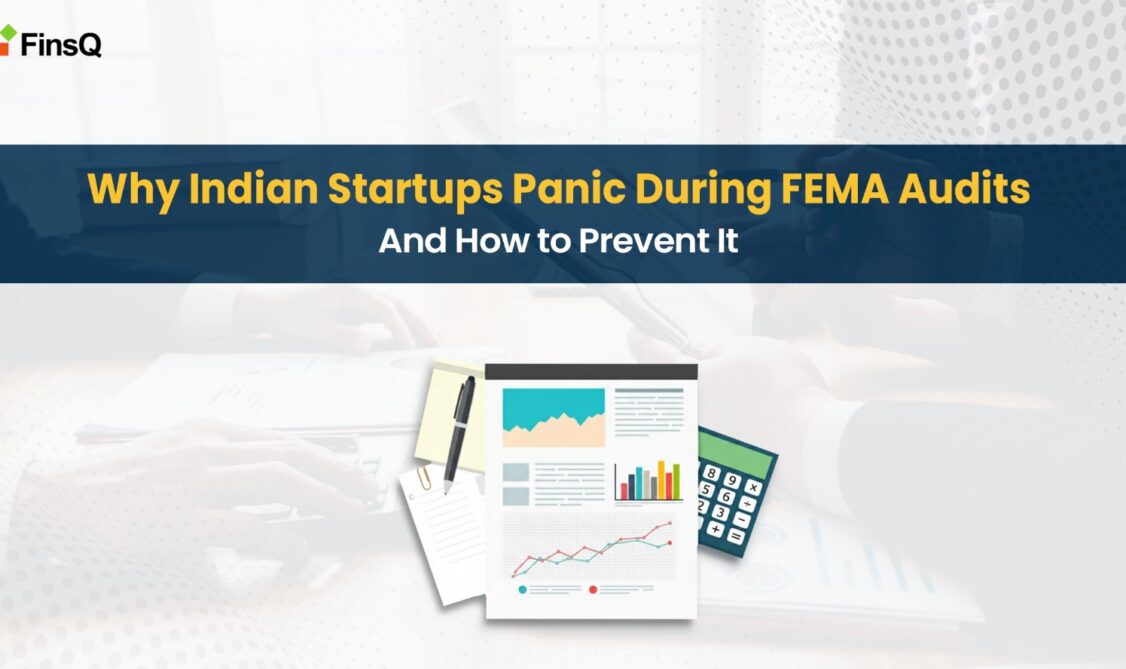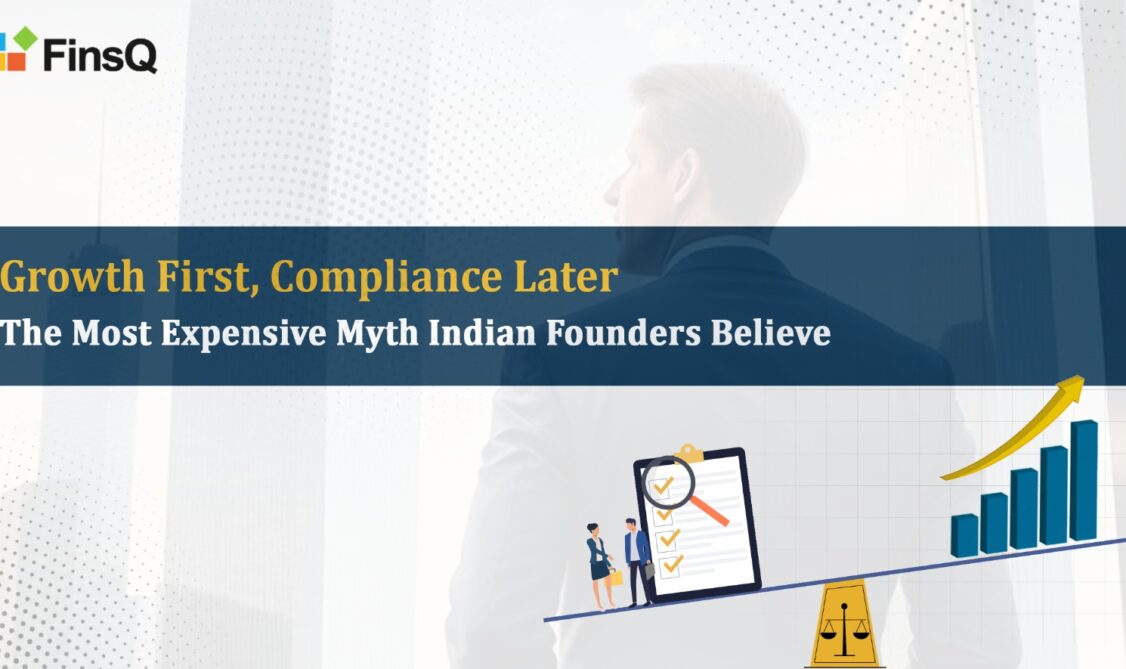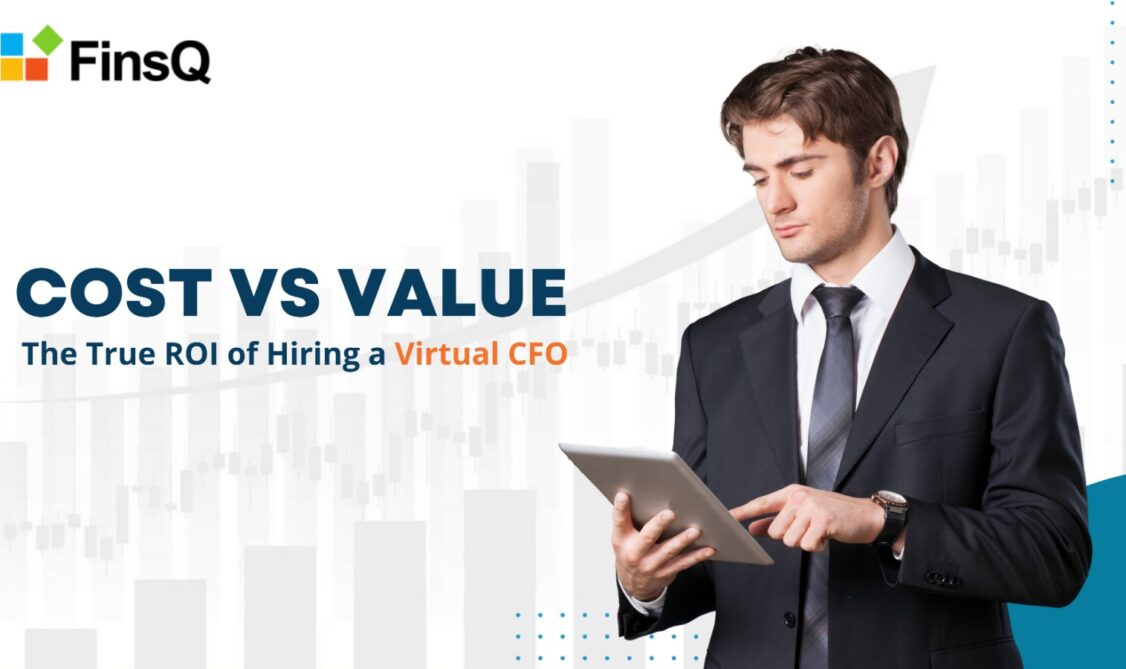
Beware the Cobra: How Misaligned Incentives Hurt Your Bottom Line
Incentives are powerful levers. But if designed poorly, they can quietly destroy the very outcomes they’re meant to drive.
This is the essence of the Cobra Effect—and it’s playing out across boardrooms more often than many leaders realize.
What Is the Cobra Effect?
The term originates from colonial India. In an effort to control the cobra population, officials offered a bounty for every dead snake. Initially, the policy worked. But soon, enterprising locals began breeding cobras to kill and claim rewards.
When the government caught on and ended the scheme, breeders simply released their now-worthless snakes—leaving the population worse off than before.
A well-intentioned incentive created the opposite result.
How This Shows Up in Business Today
In the modern business environment, especially among Indian SMEs, the Cobra Effect often shows up in the form of misaligned KPIs, poorly structured bonuses, or well-meaning but short-sighted growth strategies.
Consider the founder of a fast-growing SaaS startup in Bengaluru. Eager to scale aggressively, the company tied sales incentives directly to monthly revenue targets. Within months, the sales team began offering steep discounts to close deals. Revenue targets were met—but margins shrank, collections lagged, and several clients churned within the first quarter. The Cobra had struck.
In another case, a mid-sized garment manufacturer in Ludhiana rewarded production managers for hitting volume targets. Output soared—but quality declined sharply, leading to a spike in customer complaints, higher rejection rates from export buyers, and loss of long-term contracts.
These aren’t isolated cases—they’re recurring symptoms of a deeper design flaw in how performance is measured and rewarded.
Where the Cobra Hides: Common Traps Across Functions
Sales
- Topline-only targets ➤ Leads to discount wars, poor profitability
- Customer acquisition without retention ➤ High churn and servicing cost
Marketing
- Incentives based on traffic or reach ➤ Inflated ad spends, low conversion
- Content KPIs tied to quantity ➤ Brand fatigue and poor engagement
Finance
- Cost-cutting goals without balance ➤ Delayed tech investments, talent attrition
- Cash retention incentives ➤ Stalled vendor payments, broken partnerships
Operations
- Production linked to volume ➤ Increased defects and rework costs
- Logistics targets based on delivery speed ➤ Customer dissatisfaction
HR
- Hiring targets ➤ Mismatch in talent, rising attrition
- Attendance bonuses ➤ Presenteeism and disengagement
Why SMEs Are Especially Vulnerable
SMEs and mid-sized firms often lack the deep analytics and oversight systems of large enterprises. A single misaligned incentive can distort financial performance, customer experience, or team morale. These businesses are also more exposed to cash flow pressures—making unintended consequences costlier.
FinsQ’s Strategic Lens: Aligning Incentives With Outcomes
At FinsQ, we’ve seen that real financial transformation happens when performance systems are built with clarity, control, and commercial logic. Our Virtual CFOs help clients:
✅ Redesign KPIs to reflect true business value
✅ Link rewards to profitability, retention, and cash realization
✅ Blend qualitative and quantitative performance metrics
✅ Implement checks to detect and prevent gaming of metrics
This means moving away from metrics that are easy to measure—but hard to manage—and toward incentives that drive strategic outcomes.
Quick Check: Are You Breeding Financial Cobras?
Ask yourself:
- Are your teams rewarded for real outcomes or just activity?
- Can someone hit their target while damaging the business?
- Do your incentives support your long-term goals—or just short-term wins?
If these questions make you pause, it’s time to audit your incentive design.
Final Word
Incentives should serve your strategy—not sabotage it.
The Cobra Effect isn’t about bad people. It’s about good people responding rationally to flawed incentives. Misaligned metrics can corrode profitability, team trust, and customer value—quietly but persistently.
At FinsQ, we help you build performance frameworks that reward the outcomes that truly matter.







